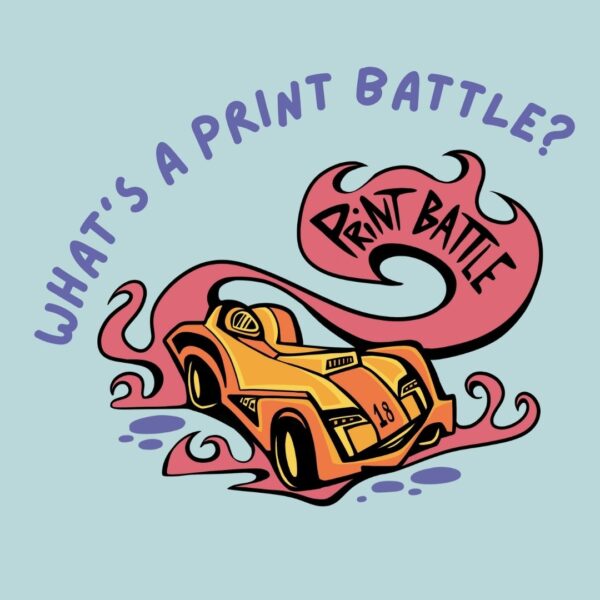What general forms of knowledge are most important for people to have today? What fields of study have become irrelevant? Are there emerging areas of human inquiry that warrant greater (or even just some) inclusion in today’s institutions of higher education?
These are some of the questions asked by Robin Sloane, Matt Thompson, and Tim Carmody, the founders and contributors to Snarkmarket. They’ve collectively offered some new takes on what has increasingly been dismissed as an outdated concept–namely, a generalized “liberal arts” course of study in college or university–by crowd-sourcing answers to the question of what a “twenty-first century way of doing the liberal arts” would be. You can read some of the initial proposals here (scroll down to the comments).
Those ideas that made the cut have been compiled into a book, co-published with Revelator Press and titled New Liberal Arts, which aims to “expand and invigorate our notions of the liberal arts.” Course proposals include “Attention Economics,” “Inaccuracy,” “Journalism,” “Food,” “Myth and Magic,” and “Genderfuck.” The book was first published in print form but is now available as a free downloadable .pdf that can be distributed and “remixed” freely.
In the spirit of the product itself, here’s a free sample: a proposal for a course on “Brevity,” written by Gavin Craig:
BREVITY
140 characters is the new 30 seconds. 30 seconds is forever.
Anything important is worth saying quickly. By the time it has been said, it is already the past, and so the saying must become a moment of its own. Brevity is urgency and modesty at once. Attention is the scarcest resource. Millions are dying and we have only seconds.
The right word is worth a thousand words.
Brevity is representation and not description.
Show and don’t tell becomes a truth and not a cliché when video can be posted instantaneously. The message must place the reader in the moment, and since the moment is unavailable, the message must place the reader in the message.Now.
(Not then, not later. There is no later.)
This is not the victory of form over content. The stakes are much higher than that.
If you want to download a copy of New Liberal Arts now, click here.
- Michelle Grabner, Anthony Elms, Stuart Comer Named Curators of 2014 Whitney Biennial - November 29, 2012
- New Fielding Practice Podcast on the Art21 Blog! Episode 16: Summer Review-O-Rama! - July 19, 2012
- Tom Sanford is a Busy Man…Here’s Why - June 12, 2012





